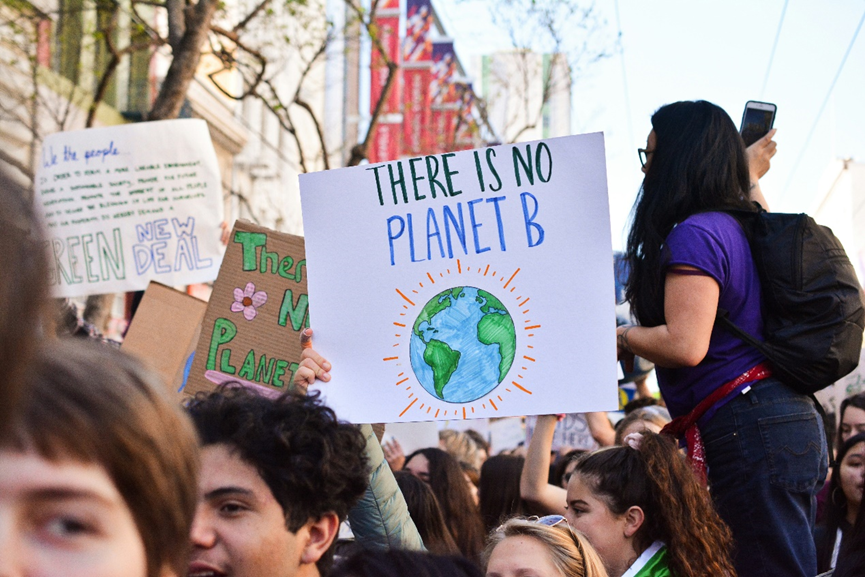Controlling super-pollutants can significantly reduce emissions and help curb global warming.
Image source:Unsplash/Li-An Lim
Gabrielle Dreyfus
Chief Scientist at the Institute for Governance and Sustainable Development (IGSD)
Wu Siti
President of the Redwood Climate Foundation
Super-climate pollutants like methane and black carbon are responsible for half of climate change—cutting these emissions could rapidly slow down global warming.
Actively reducing super-pollutants and phasing out fossil fuels will prevent climate warming four times more effectively by 2050 than focusing solely on carbon dioxide emissions.
The U.S. White House Super Pollutant Summit placed particular emphasis on the need for increased funding and urgent action, a message that has been taken very seriously by major philanthropic organizations, which have pledged $450 million to help reduce super pollutants.
The Super Pollutants Summit, held at the White House on July 23, focused on the critical need to significantly reduce super-climate pollutants like methane, which play a vital role in slowing global warming and rapidly easing the climate crisis. Super-pollutants represent one of the most effective components of climate solutions, offering swift results. Cutting these emissions is the only way to deliver tangible, measurable progress in reducing greenhouse gases to the public within the next 10 to 20 years.As the significant losses caused by climate change become increasingly evident around the globe, the risk of people falling into climate fatalism may rise. But the notion that we’re powerless to curb climate change is utterly misguided. We already know exactly how to tackle the issue and prevent the most severe impacts of a warming planet.Significant reductions in super-pollutants like methane, hydrofluorocarbons, ground-level ozone, nitrous oxide, and black carbon can help curb temperature increases in the short term. These super-climate pollutants are capable of trapping heat—per pound—dozens, hundreds, or even thousands of times more effectively than carbon dioxide. Moreover, most of these super-pollutants have remarkably short lifespans, meaning that cutting their emissions not only delivers rapid climate benefits but also prevents trillions of dollars in climate-related damages and saves millions of lives each year.Reducing carbon dioxide emissions from fossil fuels as quickly as possible is equally important, as this approach can also help limit rising temperatures—though the resulting climate benefits will take longer to become evident.We shouldn’t approach this issue with a deterministic mindset—instead, we should remain optimistic, take action now to reduce super-pollutants and carbon dioxide, and prevent a climate catastrophe. In fact, five times more Americans who don’t believe in climate change actually do worry about it, with two-thirds of Americans expressing concern over the issue.,“”(Global Methane Pledge),157()30%
: | :
"World Economic Forum"





